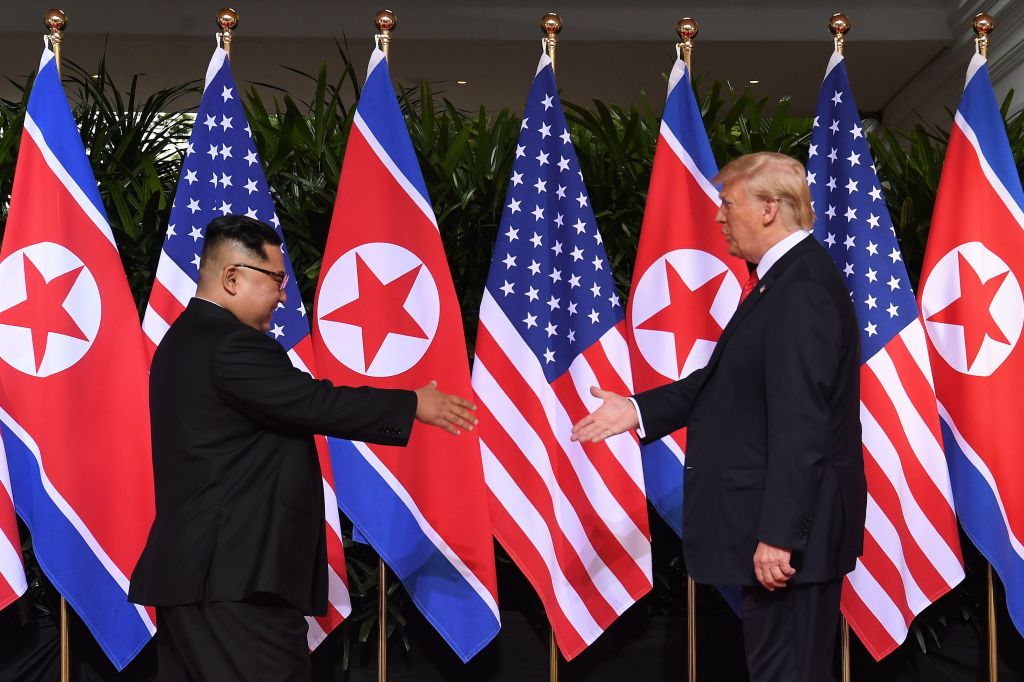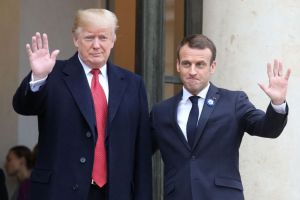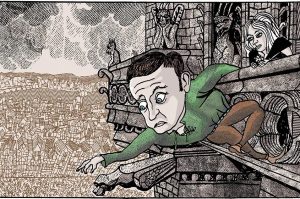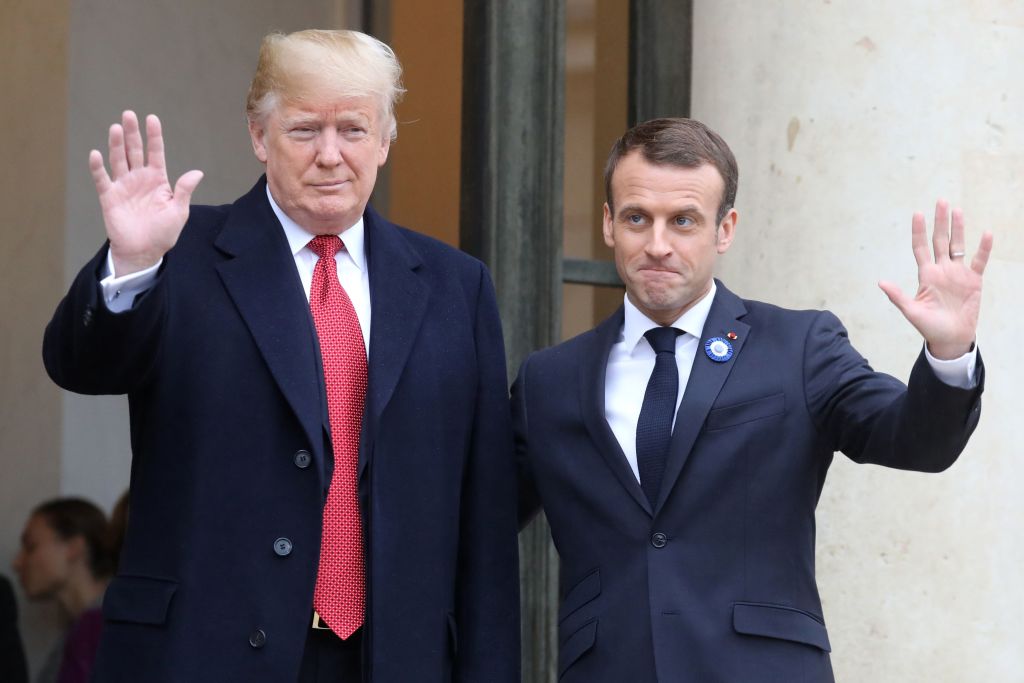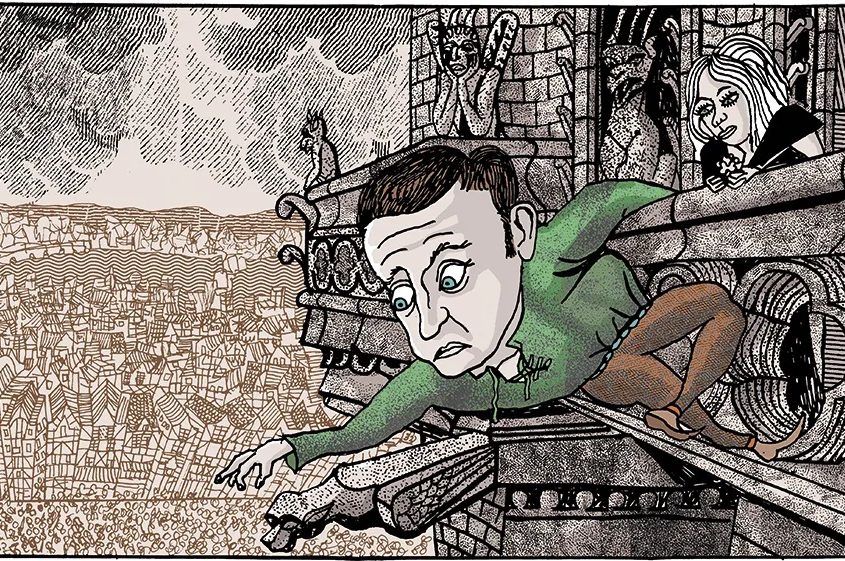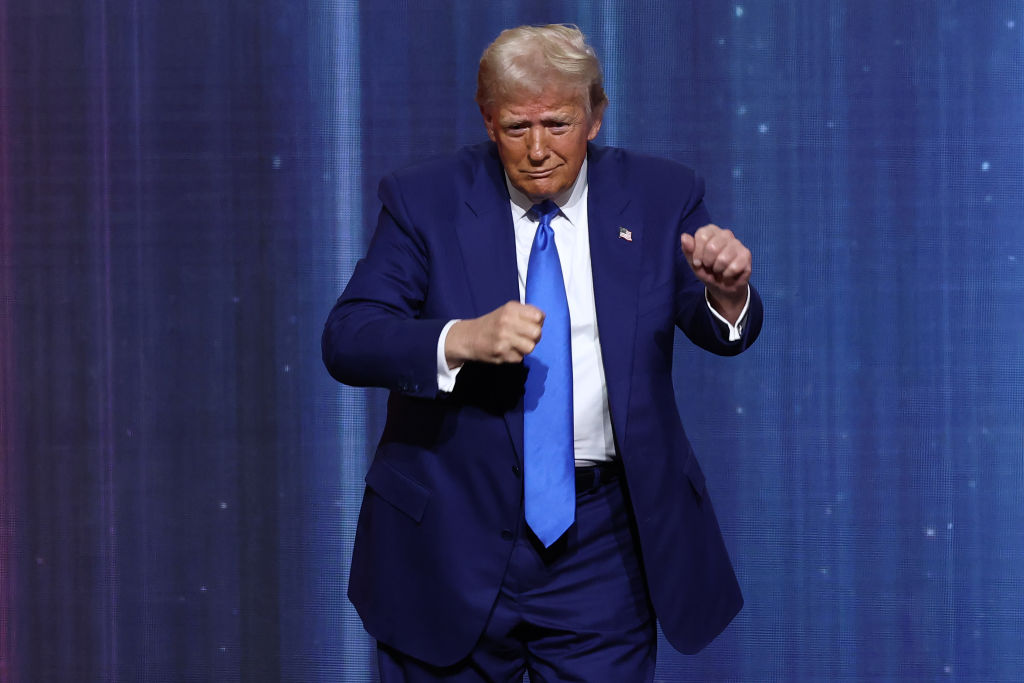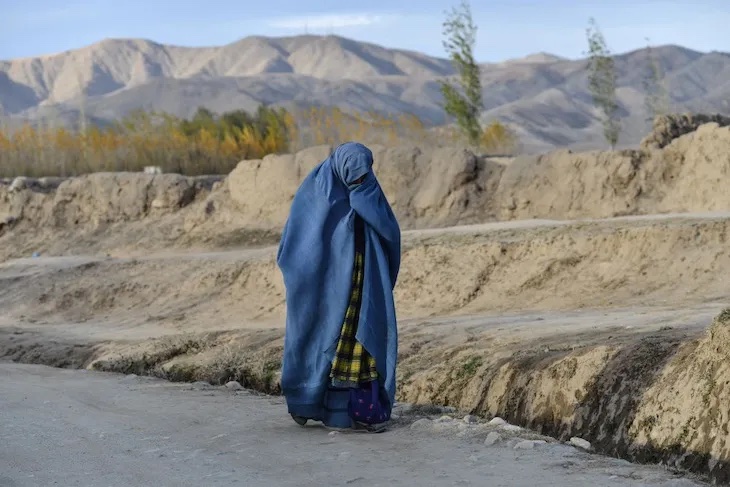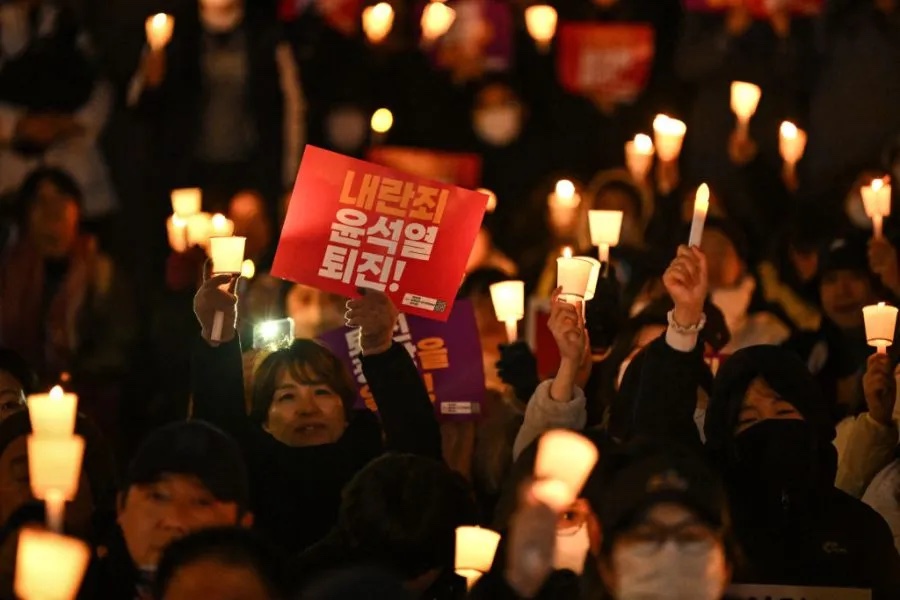Cable networks have countless hours to fill, and it is far easier to fill them with speculation about a closed-door summit than to wait patiently for real news. We won’t have that news until the Trump-Kim summit ends. Oh, we might get a nudge about whether the talks are going well, but nothing more. That’s how secretive negotiations work.
To save time, here’s the essential background. It covers almost everything you can hear — and several things you won’t — for the next 24 hours ‘live from Hanoi’ on all the networks.
- Kim Jong-un’s only goals are to stay alive and in power.
- To that end, he and his father have spent enormous resources to build deliverable nuclear weapons, with substantial aid from China. Since North Korea has almost no resources, that extraordinary commitment tells you how valuable they think the weapons are.
- Why are the weapons so valuable? Because they eliminate any chance of invasion and thus preserve the regime’s grip on power.
- What about economic growth, which Pres. Trump promises if Kim’s regime denuclearizes? Most analysts focus on whether that promise is realistic. It’s not, but that’s the wrong question. Kim’s real worry is whether growth would destabilize his regime, or, alternatively, whether a failed promise might destabilize it.
The family must think a growth strategy is too risky or they would long ago have followed the path Deng Xiaoping set for China, gradually liberalizing the economy under tight political control. Has young Kim changed his mind about that? - America’s tough economic sanctions will only work under two conditions. First, they must not be undercut by China and Russia. Second, Kim must think the sanctions pose greater danger to his regime than giving up nuclear weapons. Right now, China is undercutting the sanctions, and Kim has given no indication he fears the sanctions more than denuclearization.
- A major deal like the one Trump proposes takes multiple summits to conclude and time to implement. Each summit is a small step. Don’t expect big results from this meeting. Look only for signals of progress and, most of all, for signals Kim has made basic choices.
- The most important question about this summit is whether Kim will undertake any costly, meaningful actions to denuclearize. He did not do so at the first summit. We won’t know if he has this time until the summit ends, and perhaps not even then.
- Any agreement hinges on North Korea disclosing all their nuclear facilities, including hidden ones. Until they make such a disclosure, they are telling us they have not yet decided the big question. If they do make such a disclosure, it is credible only if it includes everything our intelligence agencies already know and one or two things they don’t.
- Any final deal must include comprehensive, on-site, on-demand verification. Otherwise, the North Koreans could — and would — cheat. Without those inspections, it’s only a Potemkin deal, not a real one.
- Intrusive inspections like these are extremely difficult for a closed regime in a closed society like North Korea’s. They fear it will disclose too much about their military capacity and political vulnerability. Those are very real dangers for any regime, and they are far worse for closed, secretive ones.
- Trump has to decide whether to make any concessions without reciprocal ones from Kim. Previous administrations have been played for suckers, and the Kim family knows it. Their well-tested strategy is to win concessions in return for promises they later ignore. Trump’s typical strategy is ‘we keep the pressure on until there is a deal.’ He has already let up a little, stopping joint military exercises with South Korea. Any more US concessions without big ones from Kim would signal weakness. Watch closely to see what Trump gives up, what he gets for it, and whether any North Korean promises actually signal they are willing to denuclearize.



